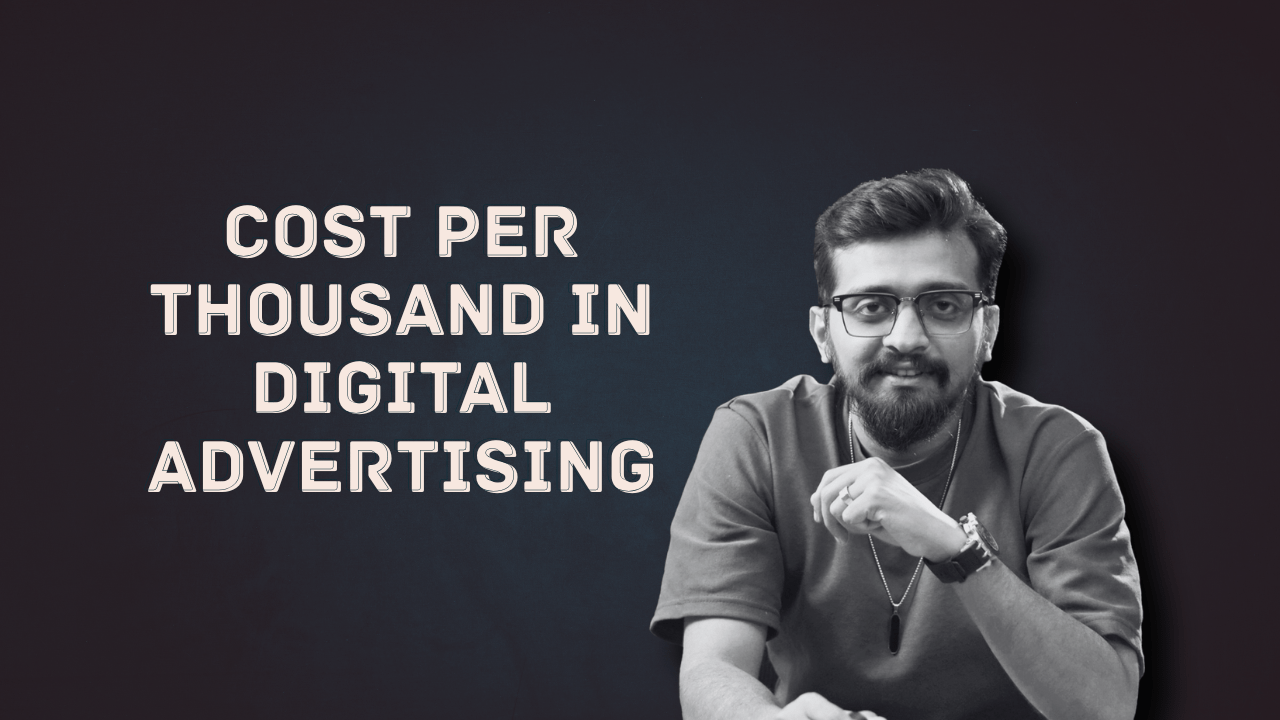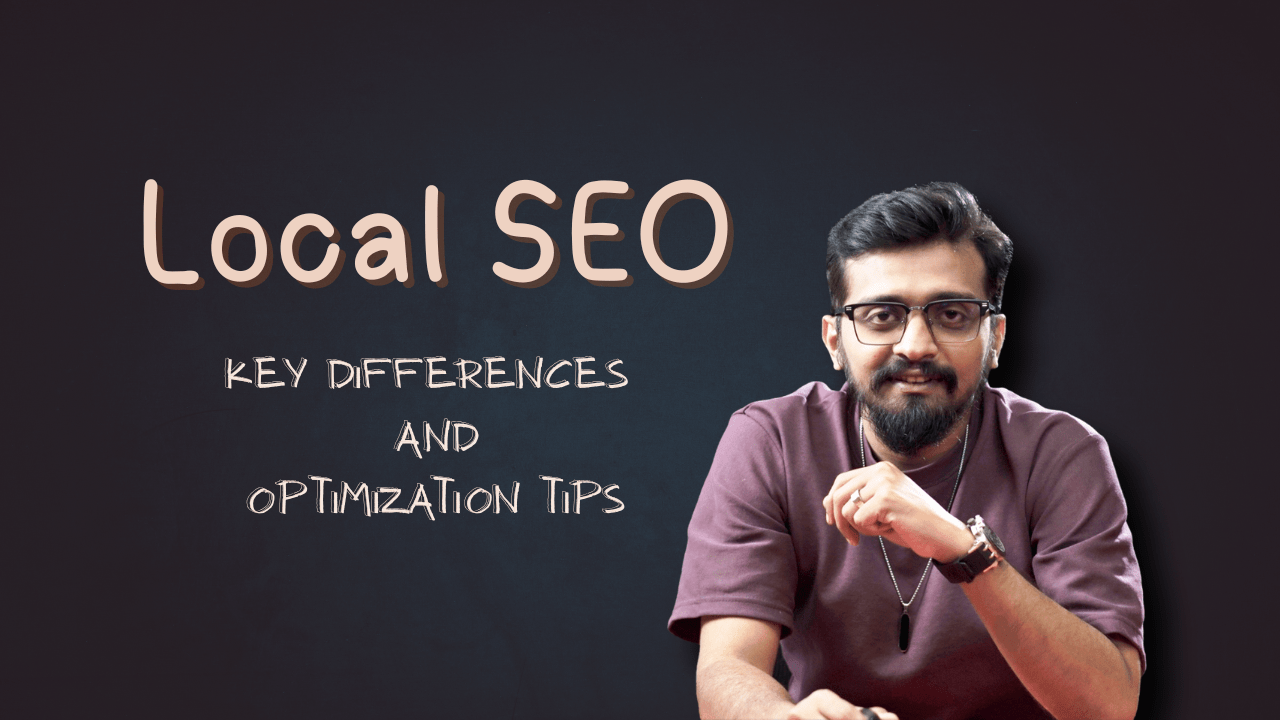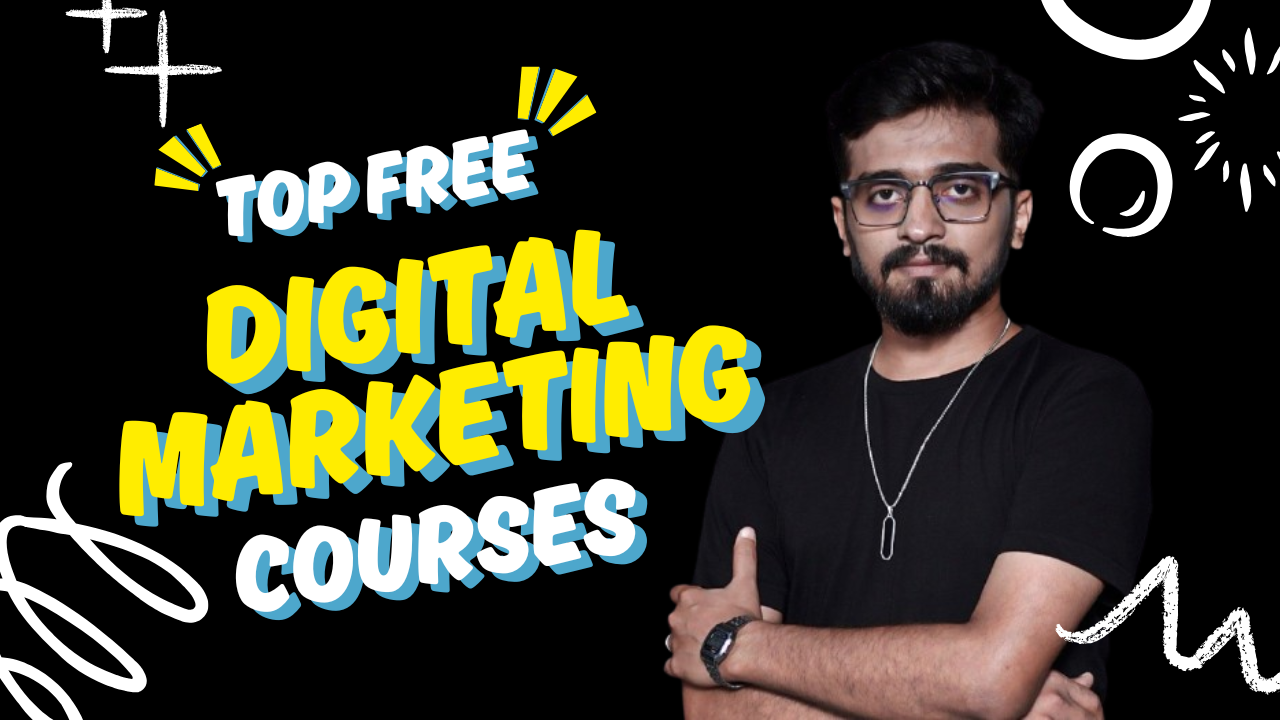SEO, or Search Engine Optimization, is the process of optimizing your website and its content to increase its visibility on search engines like Google, Bing, and Yahoo. The goal of SEO is to improve your site’s ranking in organic (non-paid) search results so that when someone searches for keywords related to your business or content, your website appears at or near the top.
In simple terms, SEO helps search engines understand your website and connect it to users looking for information, products, or services that you offer.
Why is SEO Important?
SEO is essential because:
- Increased Visibility and Traffic: The higher your website ranks on search engine results pages (SERPs), the more likely users are to click on it.
- Credibility and Trust: Websites that appear on the first page of search engines are often perceived as more trustworthy.
- Cost-Effective Marketing: Unlike paid advertising, organic SEO doesn’t require ongoing payments for traffic.
- Better User Experience: Good SEO practices improve site speed, mobile responsiveness, and content quality — all of which enhance user satisfaction.
Fun Fact: Over 90% of online experiences begin with a search engine, and the first five results on Google get more than 70% of clicks.
How Do Search Engines Work?
To understand SEO, you need to know how search engines work. They operate through three primary processes:
1. Crawling
Search engines use bots or “spiders” to browse the internet and collect data from websites.
2. Indexing
After crawling, the data is stored in an index — a massive database of all the content discovered.
3. Ranking
When a user performs a search, the search engine scans its index and returns the most relevant results based on numerous ranking factors.
Key Components of SEO
1. On-Page SEO
On-page SEO refers to the optimizations you make within your website to improve its search engine ranking.
Key Elements of On-Page SEO:
- Keyword Research: Finding and using relevant search terms your audience is using.
- Title Tags: Including target keywords in the page title.
- Meta Descriptions: Writing compelling descriptions with keywords to improve click-through rates.
- Header Tags (H1, H2, H3): Organizing content for readability and relevance.
- Internal Linking: Connecting your site’s pages to improve navigation and SEO authority.
- Image Optimization: Using proper alt tags and file names for images.
- URL Structure: Keeping URLs short, relevant, and keyword-rich.
2. Off-Page SEO
Off-page SEO involves activities done outside of your website to improve its authority and ranking.
Key Off-Page SEO Strategies:
- Backlinks: Getting other reputable websites to link to your content.
- Social Media Marketing: Sharing content on social platforms to increase reach and engagement.
- Influencer Outreach: Collaborating with influencers to amplify content.
- Guest Blogging: Writing articles on other sites to gain exposure and backlinks.
The more high-quality backlinks you have, the more search engines view your site as authoritative and trustworthy.
3. Technical SEO
Technical SEO ensures that your website meets the technical requirements of search engines for better crawling and indexing.
Technical SEO Checklist:
- Mobile-Friendliness: Ensuring your site works well on all devices.
- Site Speed: Optimizing load time for better user experience.
- SSL Certification: Using HTTPS for secure browsing.
- XML Sitemap: Helping search engines find and crawl your pages.
- Robots.txt File: Directing bots on what pages to crawl or ignore.
- Structured Data: Using schema markup to help search engines understand your content.
What Are Keywords and Why Are They Important?
Keywords are the words and phrases users type into search engines. Choosing the right keywords is crucial because they tell search engines what your content is about.
There are two types of keywords:
- Short-Tail Keywords (e.g., “shoes”): Broad and highly competitive.
- Long-Tail Keywords (e.g., “best running shoes for flat feet”): More specific and easier to rank for.
Effective keyword research tools include:
- Google Keyword Planner
- Ahrefs
- SEMrush
- Ubersuggest
White Hat vs. Black Hat SEO
There are two approaches to SEO:
✅ White Hat SEO
These are ethical practices that follow search engine guidelines:
- Creating high-quality content
- Earning backlinks organically
- Improving user experience
❌ Black Hat SEO
These are manipulative practices that violate search engine policies:
- Keyword stuffing
- Buying backlinks
- Hidden text or cloaking
Black hat techniques may offer quick results but can lead to penalties or complete removal from search engine results.
Local SEO: Optimizing for Nearby Customers
Local SEO is aimed at optimizing your online presence to attract customers in your geographic area. It’s especially important for small businesses like restaurants, salons, or law firms.
Local SEO Best Practices:
- Claim your Google Business Profile
- Use location-specific keywords
- Encourage and respond to customer reviews
- Ensure NAP consistency (Name, Address, Phone Number) across platforms
SEO Tools You Should Know
Here are some tools to help you manage and improve your SEO strategy:
- Google Search Console – Monitors site performance on Google
- Google Analytics – Tracks traffic and user behavior
- Yoast SEO (for WordPress) – Helps optimize content easily
- Screaming Frog – Audits technical SEO issues
- Moz, Ahrefs, SEMrush – All-in-one SEO platforms for research, auditing, and tracking
How Long Does SEO Take to Work?
Unlike paid ads, SEO doesn’t deliver instant results. It typically takes 3 to 6 months to start seeing significant improvements, depending on competition, niche, and strategy. However, once established, organic traffic is more sustainable and cost-effective in the long run.
Conclusion: Why You Can’t Ignore SEO
In the competitive digital space, SEO is no longer optional — it’s essential. Whether you’re a small business owner, blogger, or marketer, understanding and implementing SEO can transform your online presence and help you reach your goals.
To recap, SEO:
- Increases your visibility
- Drives organic traffic
- Builds trust and authority
- Enhances user experience
- Offers long-term ROI
By learning SEO and keeping up with the latest trends and algorithm updates, you put your website in a position to succeed — not just today, but for years to come.













